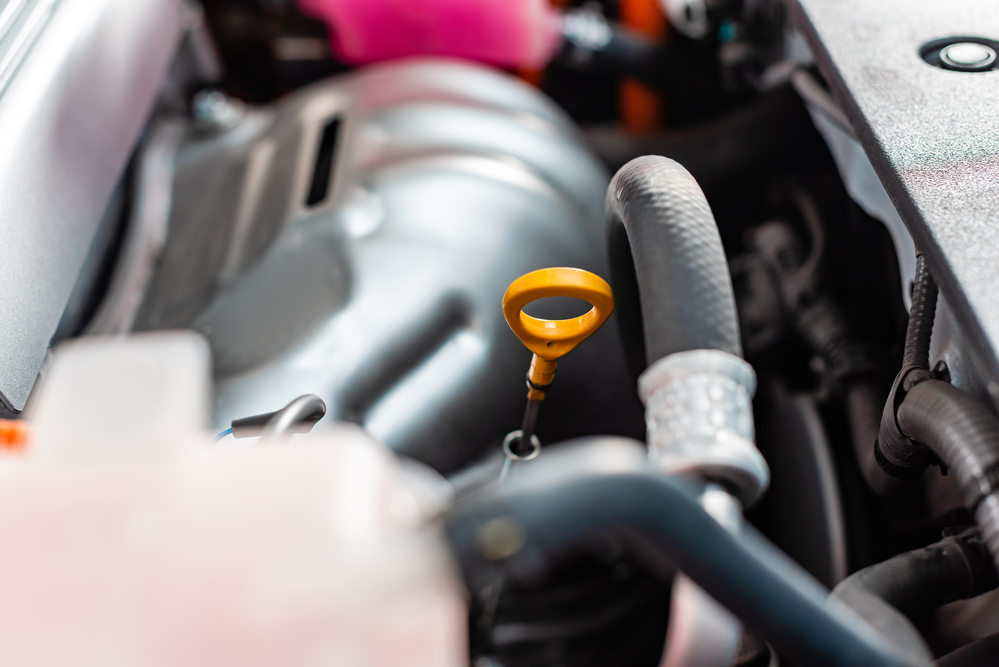What are the benefits of getting your wells serviced regularly?

If you’re in Greensboro, NC, and own a home, chances are good that you have a well. As with any other mechanical device, wells need to be serviced regularly. Wells in Greensboro, North Carolina, provide water for use in homes and businesses. These wells are large reservoirs of water that are located underground. They can be used to provide drinking water, water to swimming pools or lakes, and even provide water for irrigation purposes.
Since they are underground, the wells must be maintained regularly to ensure they continue working properly and provide clean water. Here are some reasons why you should have well services in Greensboro, NC, regularly:
Your well pump is lubricated.
The pump is lubricated to prevent corrosion. When you have your well serviced regularly, your pump will be lubricated to prevent corrosion and protect it from overheating. This helps extend the pump’s life by preventing it from wearing out prematurely.
The lubrication ensures that your well runs smoothly. When you get your well serviced regularly, you can rest assured knowing that when you turn on your faucet or use any other device connected to your home’s water system, everything will work as intended—and most importantly, safely!
The water pressure is checked.
When it comes to wells, the water pressure is an important part of keeping your home running smoothly. Water pressure is what allows you to wash dishes and shower, as well as to flush toilets. If you notice that your water pressure has dropped, this may be a sign that there’s a problem with your well.
Low water pressure can result from a few issues with your well: clogged filters or pumps; broken pipes within the well casing; and even faulty plumbing fixtures like faucets and shower heads can cause low water pressure in houses that rely on municipal systems for their water supply.
Your well’s flow rate is tested.
One of the first things your technician will do is check your well’s flow rate. This measurement determines how much water can be pumped from a well in an hour. The higher the flow rate, the more water you’ll have available for use, and it’s important to know this so that you stay within your daily allotment and the capacity of your storage system.
Flow rate is also used to calculate how much water may be available for future use based on historical levels and estimates for climate change models. It’s important to note that this data does not take into account any seasonal changes in rainfall or other factors affecting local groundwater levels—this means that if there were ever drought conditions in Greensboro, North Carolina, there could potentially be less water available than indicated by these calculations (this depends entirely on where exactly you live).
Your well’s chlorination is checked.
The chlorination of your well is checked. Chlorination is important to keep your water clean and safe to drink, as it helps prevent bacteria and algae from growing in the well. This can help keep your water from becoming cloudy or murky while also ensuring that you aren’t exposed to any harmful contaminants when you use it. Suppose there are issues with the chlorination system at your home or business. In that case, you will be able to identify them immediately so they can be addressed before they become a severe problem.
Well-service can help you stop problems before they start.
Well-service is an important part of home maintenance. It can help you avoid costly repairs and water loss, which can be very expensive.
When your well is serviced regularly, you will have peace of mind knowing that it’s working properly. Any issues with your wells must be fixed before they cause further problems and damage the rest of your home.
Conclusion
By getting your well services in Greensboro, NC, you can avoid serious problems with your water supply, like contamination or low pressure. Well-servicing is a valuable investment in your health and well-being.







